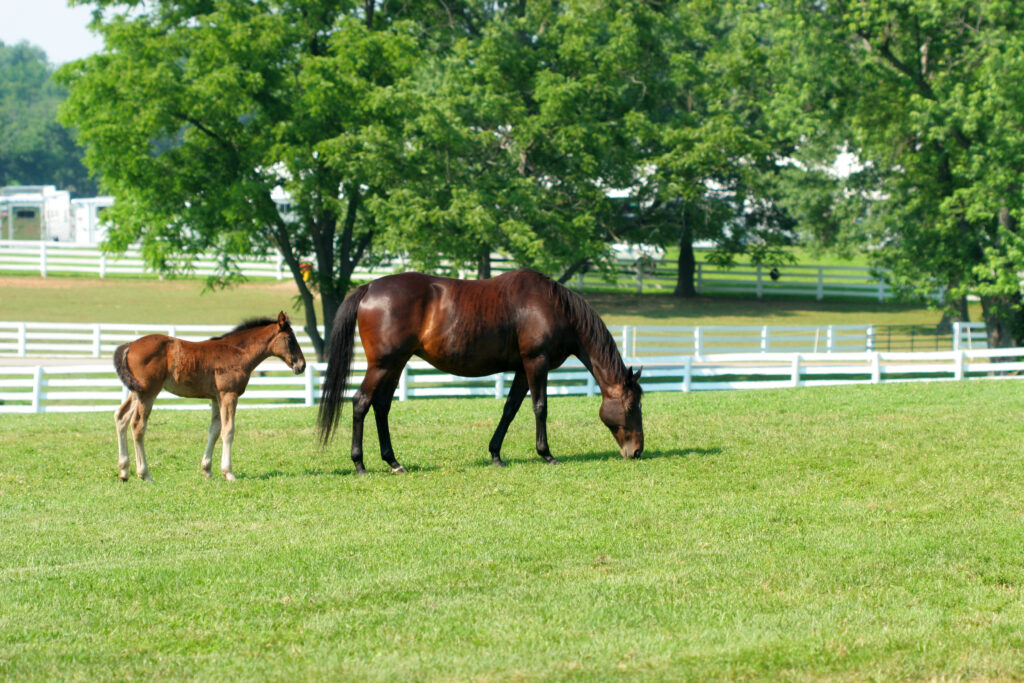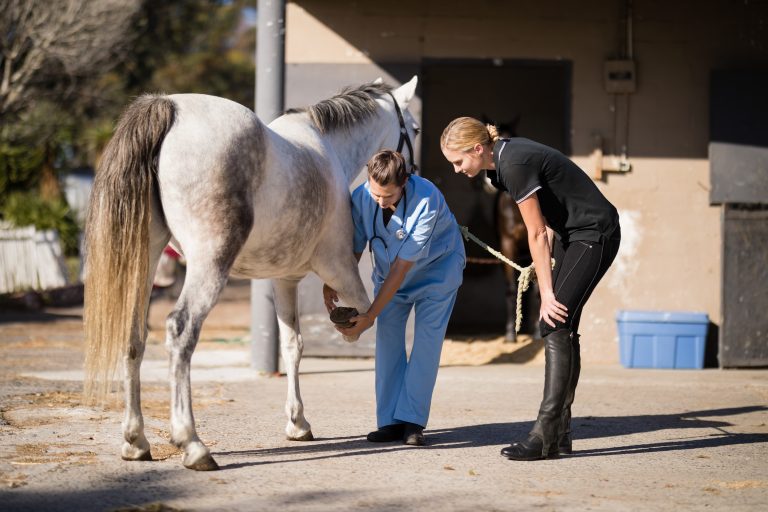
Excessive inbreeding increases the probability of uncovering homozygous recessive genotypes and has been associated with an increased risk of retained placenta and lower semen quality in horses. No genomic analysis has investigated the association between inbreeding and pregnancy loss. This observational case-control study compared genetic inbreeding coefficients (F) of naturally occurring Thoroughbred early pregnancy loss, mid- and late-term pregnancy loss, and controls.
Researchers genotyped allantochorion and fetal DNA from early pregnancy loss (n = 37, gestation age 14-65 days), mid- and late-term pregnancy loss (n = 94, gestational age 70 days-24 hours post parturition), and controls (n = 58) on the Axiom Equine 670K SNP Genotyping Array. Inbreeding coefficients using Runs of Homozygosity (FROH) were calculated using PLINK software. The researchers split ROHs into size categories to investigate the recency of inbreeding.
Mid- and late-term pregnancy losses had significantly higher median number of ROH (188 interquartile range [IQR], 180.8–197.3), length of ROH (3.10, IQR 2.93–3.33), total number of ROH (590.8, IQR 537.3–632.3), and FROH (0.26, IQR 0.24–0.28) when compared with the controls and the early pregnancy losses (p < 0.05). There was no significant difference in any of the inbreeding indices between the early pregnancy loss and controls. The mid- and late-term pregnancy losses had significantly higher proportions of long (>10 Mb) ROH (2.5%, IQR 1.6–3.6) than the controls (1.7%, IQR 0.6–2.5), p = 0.001. Researchers did not find any unique ROHs in the early or mid- and late-term pregnancy loss populations.
Bottom Line
Inbreeding is a contributor to mid- and late-term pregnancy losses, but not early pregnancy loss in the UK Thoroughbred population. Mating choices remain critical, because inbreeding may predispose to mid- and late-term pregnancy losses by increasing the risk of homozygosity for specific lethal allele(s).








